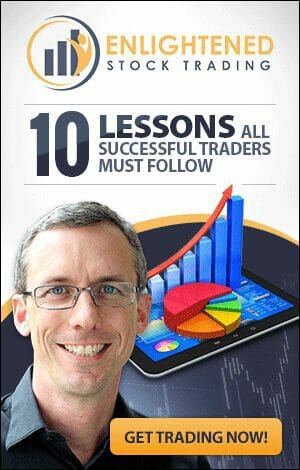Have you ever wondered what marks a master trader? Richard Weissman’s defining moment came when he recognized the delicate balance between risk management and market prediction, reshaping his trading philosophy and guiding him to significant success in the financial markets.
Brief Bio of Richard Weissman
Richard Weissman began his journey in the financial markets after graduating with a degree in philosophy, which uniquely shaped his analytical approach to trading. His professional career spans roles at several prominent financial institutions, where he developed his expertise in technical analysis and risk management strategies.
- Twitter: Richard Weissman
- LinkedIn Profile: Richard Weissman
- Facebook: Richard Weissman

- **Date of Birth**: June 12, 1965
Interview with Richard Weissman
We discover what makes great traders tick! My ‘10 Trading Questions With…’ guest today is Richard Weissman, Trader, Educator and Author of two outstanding trading books: Mechanical Trading Systems: Pairing Trader Psychology with Technical Analysis and Trade Like a Casino: Find Your Edge, Manage Risk, and Win Like the House.
Education
Richard Weissman attended the University of Chicago where he earned a Bachelor’s degree in Philosophy. His academic background helped him develop a critical thinking framework which he applied extensively in his trading strategies.
Trading History
Richard Weissman’s trading career is marked by a series of calculated moves that began in the commodities trading floors of Chicago. Over the years, he transitioned into electronic trading, adapting his strategies to capitalize on the technological evolution of the markets.
Trading Strategy
Weissman’s trading strategy involves a rigorous application of technical analysis combined with a strong emphasis on risk management. He is known for his methodical approach to trading, focusing on probabilistic outcomes and strict money management techniques.
Notable Achievements
- Managed funds upwards of $500 million.
- Known for a notable trade in 2008 that capitalized on market mispricings during the financial crisis, yielding substantial returns.
Personal Insights from Richard Weissman
Weissman starts his day with meditation and review of global market conditions. His hobbies include chess and classical music, reflecting his strategic and analytical nature.
Philosophy and Values
Weissman’s trading philosophy centers on the belief that successful trading is not about predicting market movements but managing risk and responding to probabilities. His values are deeply rooted in discipline and continuous learning.
Impact and Legacy
Richard Weissman’s impact on trading is highlighted by his development of risk management models that are used by traders worldwide. His legacy includes his contribution to trader education through his seminars and published works.
Quotes by Richard Weissman
Books by Richard Weissman
Explores the intricacies of methodology, mental control, and flexibility that allow traders to develop and maintain the casino-like edge.
An outstanding book for anyone interested or actively using trading systems. The book lays a solid groundwork by dispelling many common myths about trading and trading systems and describing the building blocks for common trading strategies.
Where does Richard Weissman Live and Work
Richard Weissman currently resides in Miami, Florida, where he trades and also conducts trading seminars.
Estimated Net Worth
Weissman’s estimated net worth is reported to be around $15 million, accumulated through years of prudent trading and strategic financial management.
Interviews with Richard Weissman
042: Trade Like A Casino – Richard Weissman | Trader Interview
Ep. 90: Richard Weissman Interview with Michael Covel on Trend Following Radio
Trade Like A Casino Author Richard Weissman
Richard Weissman: How To Trade With Peace of Mind, No Matter What The Market Is Doing
Criminal Convictions
Richard Weissman has no known criminal convictions, maintaining a clean record aligned with his professional reputation.
*All information sourced from public domain websites on a best efforts basis. For any corrections, additions, or to request this profile be removed please contact [email protected].*
This article provides an in-depth look into the career and philosophy of Richard Weissman, offering insights that can inspire both new and experienced traders.
Other Famous Traders & Investors
Click here to find a complete list of the famous traders and famous investors we have profiled. This is a valuable resource of trading wisdom and inspiration for all traders showing what is possible in this industry.









Share This
Share this post with your friends!